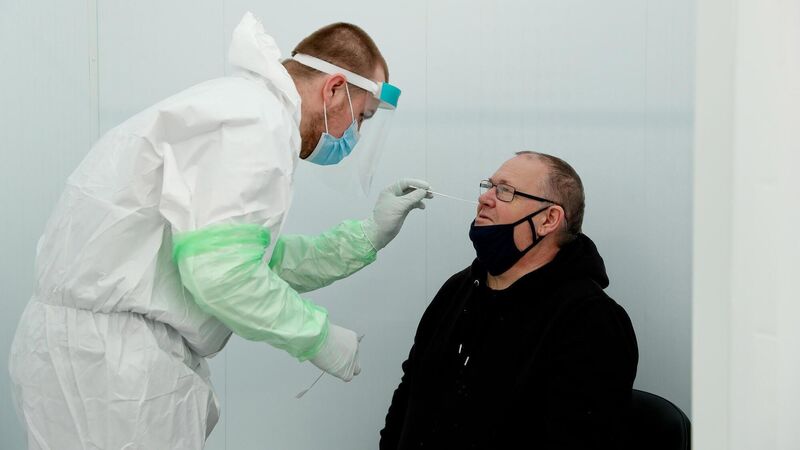Single antigen tests detect just half of cases in asymptomatic patients

The HSE working group say antigen testing may be suitable for certain settings but warn that their findings should not be extrapolated to justify the use of home-testing kits.
Single antigen tests are not recommended for use by asymptomatic people, as a “significant proportion” of infections will be missed, a HSE review has found.
Using one test with asymptomatic people, just 52% of positive cases were detected, compared to a PCR test.










